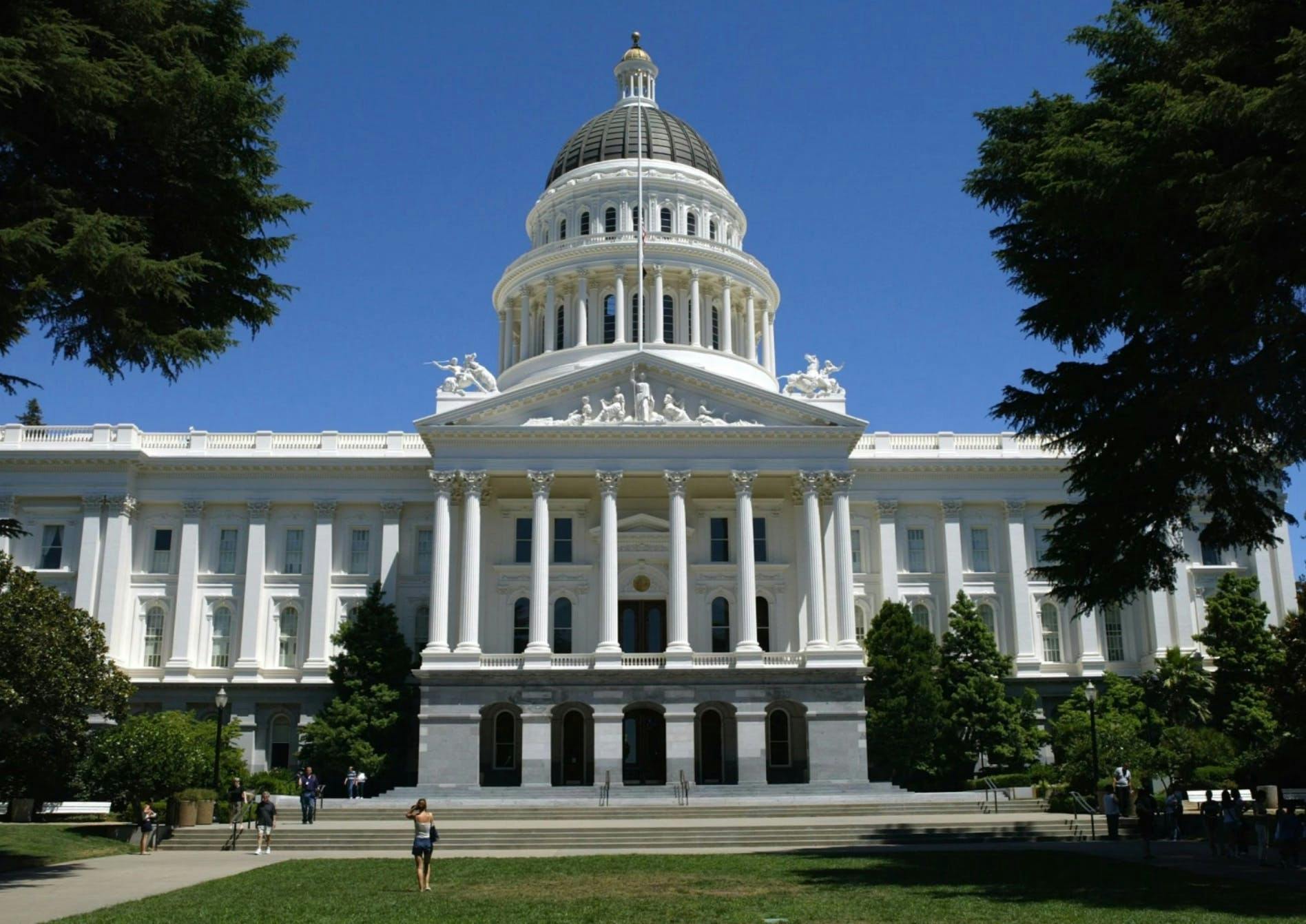In the News: California must stop relying on taxation by citation

Across the country, state and local governments use fines and fees as a source of revenue to fund public services. But reliance upon this taxation by citation is not only a threat to individual liberty, it can also undermine public safety and result in fiscal instability. A new Reason Foundation policy brief shows why using fines and fees to generate government revenue undermines justice and fiscal responsibility in California.
Fines and fees are commonplace throughout the justice system. In many cases, fines are considered desirable because they are an intermediate form of punishment. Slapping someone with a fine is less severe than incarceration but is tough punishment for many low-level offenses. A person may be charged a fine for criminal or civil infractions. In addition to fines, a person might also be charged a host of assessments, fees, and surcharges explicitly intended to raise government revenue and offset the costs of administrating the justice system.
Traffic tickets are among the most common sources of fine revenue in California. The hidden fees attached to traffic fines can add up fast. For instance, the base fine for going 15 miles per hour over the speed limit in Orange County is just $35. But, after a menagerie of assessments, fees, and surcharges are added, the total ticket amount typically climbs to $226. Ticket revenue is then used for many government purposes unrelated to the traffic ticket, including funding the construction and maintenance of court buildings, DNA testing, and county emergency medical services.
Cities, counties, and the state government all get a slice of ticket revenues. Among the various hidden fees in California traffic tickets is a 20 percent state surcharge which adds $7 to a $35 speeding ticket. As State Assemblymember Adam Gray once explained, that surcharge was created in 2002 to help alleviate the budget deficits of that time and was supposed to be rolled back in 2007. But, 15 years after the supposed expiration, California continues to generate revenue for the state government via the surcharge from traffic tickets.
The primary responsibilities of the legal system are to promote public safety and uphold justice. Pressure to raise revenue, at best, undermines—and at worst, directly conflicts with—those responsibilities. A recent report from Catalyst California and the American Civil Liberties Union of Southern California found that the Los Angeles Sheriff’s Department dedicates significant time and resources to traffic stops with few public safety benefits.
